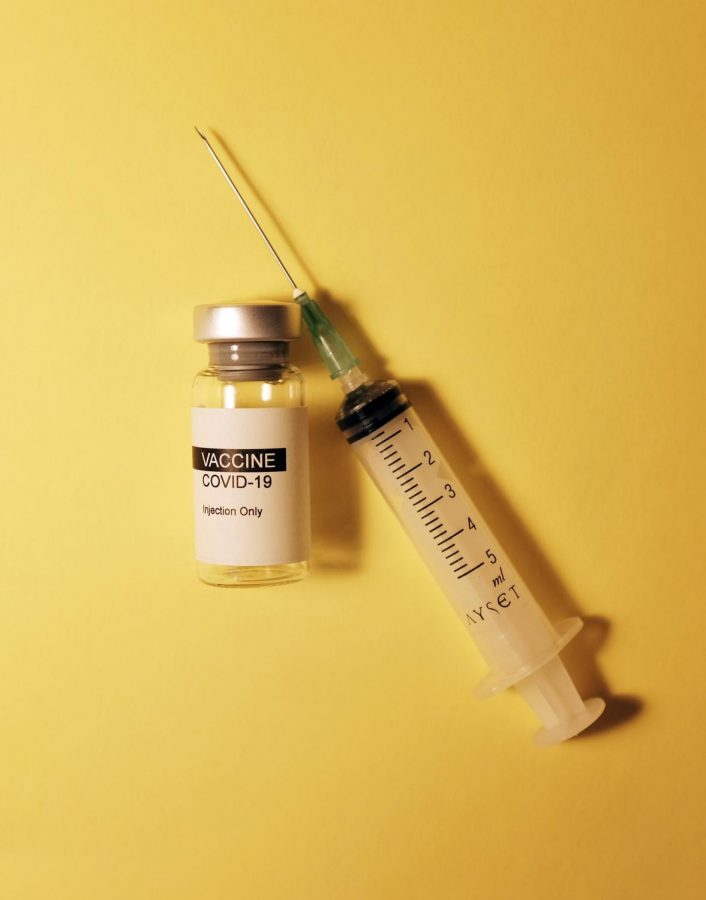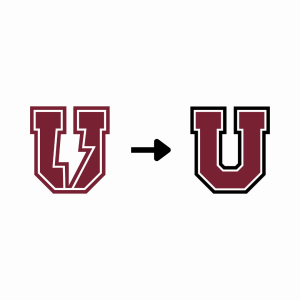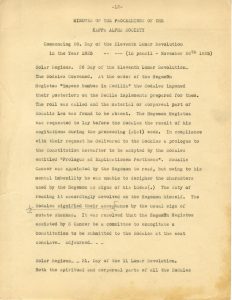What’s the deal with the Oxford-AstraZeneca COVID-19 vaccine?
COVID-19 Vaccine
April 15, 2021
As of April 10, 2021, the United States (US) Food and Drug Administration (FDA) has granted Emergency Use Authorization (EUA) to three COVID-19 vaccines: Pfizer-BioNTech, Moderna, and Janssen Inc. On March 22, 2021, AstraZeneca released Phase III Clinical Trial Results for an AstraZeneca-led trial of the AZD1222 COVID-19 vaccine, a vaccine co-invented by the University of Oxford and Vaccitech. The day after, on March 23, 2021, the US National Institute of Allergy and Infectious Disease (NIAID), the agency led by Dr. Anthony Fauci, The White House Chief Medial Advisor, released a statement expressing concerns from the Data and Safety Monitoring Board (DSMB) about including “outdated information…which may have provided an incomplete view of the efficacy data.”
The concern with the AstraZeneca vaccine grew across the world as some vaccine recipients have reported developing blood-clotting conditions, including one called cerebral venous sinus thrombosis (CVST), which according to Johns Hopkins Medicine, occurs when a blood clot forms in the brain, inhibiting the draining of blood out of the brain, elevating the risk for a hemorrhage. Some countries suspended the use of the vaccine, such as Cameroon, the Democratic Republic of Congo, Denmark, and Norway, but the World Health Organization believes that the “benefits of the AstraZeneca vaccine outweigh its risks,” so it is still recommended for use. At a White House briefing on March 31, Dr Fauci expressed support for the vaccine, calling it a “good vaccine that is going to have a very important role in the global response to this outbreak.” So, what is going to happen next with the vaccine? Well, at least in the US, the FDA will evaluate the vaccine and data for EUA.
Here is a brief overview of how the vaccine works. According to the BBC, the AZD1222 vaccine uses an adenovirus, a weakened form of the cold virus, from chimpanzees, and scientists insert the genes for the spike protein from the SARS-Cov-2 virus into the harmless virus. When it is injected into a patient, the vaccine triggers a response for cells to produce the spike protein, which results in a reaction from the immune system, where antibodies and T-cells work together to destroy cells with the spike protein. This also produces memory B-cells, which can produce antibodies and fight the coronavirus faster if one gets infected a second time.
Let’s address the controversy about the vaccine and blood clotting conditions. Some reports suggest that younger people are more susceptible to developing the clotting conditions than older people. Currently, there are studies being done, and the regulatory agencies, such as the European Medicines Agency, are continuing to monitor the prevalence of the blood clotting conditions. Two new studies, in the New England Journal of Medicine, have detailed a possible link between the vaccine and the development of clotting disorders. One study in the University of Greifswald in Germany, published on April 9th, 2021, reported clotting in five to sixteen days after vaccination, with nine patients developing CVST, and six out of eleven total patients died. However, Dr. Andreas Greinacher, one of the lead authors on the study, suggested that the people who develop clotting after the vaccine may have another biological trait that acts as a risk factor. So, the AstraZeneca vaccine seems to be a safe vaccine, but more data will be collected on these clotting conditions.







